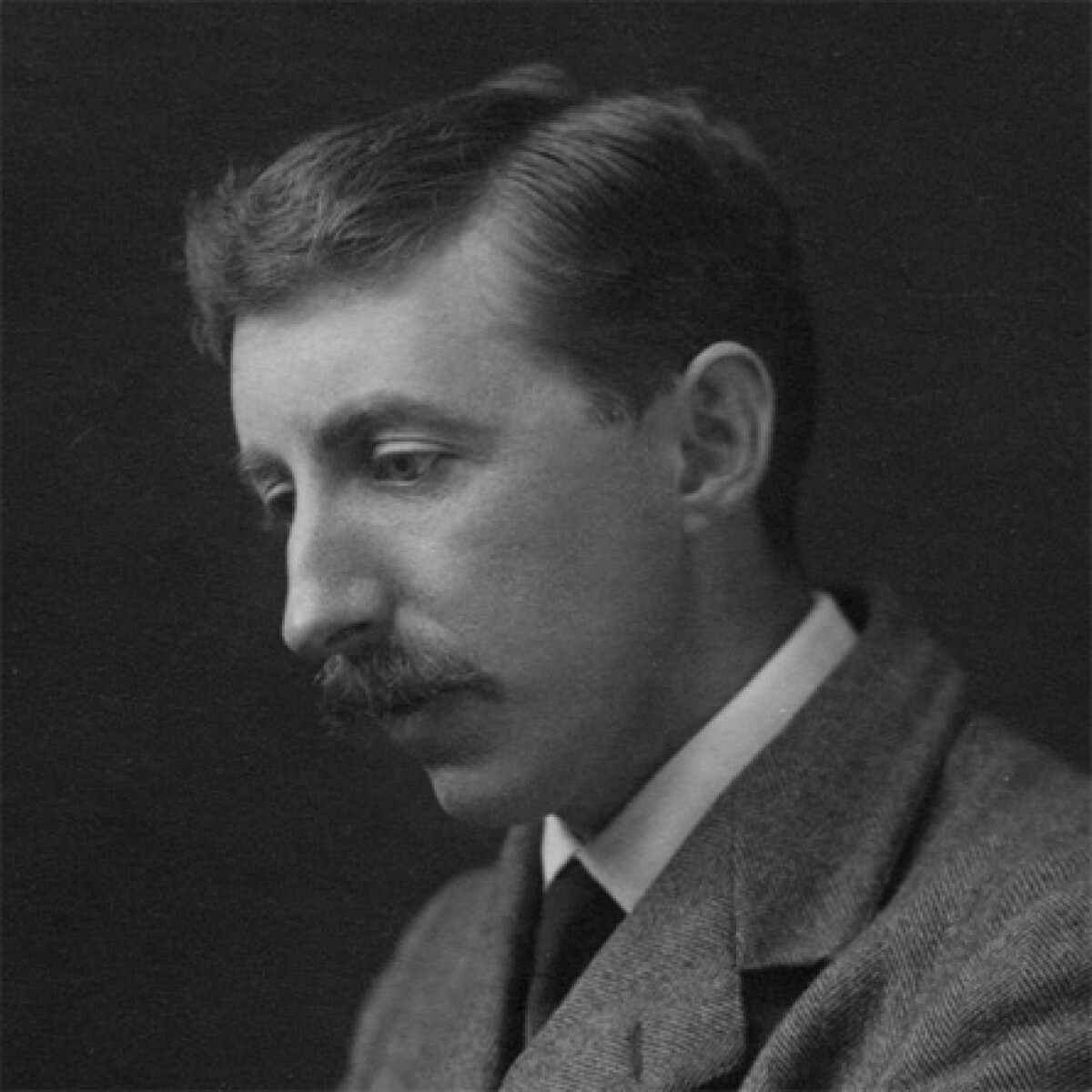Forster Edward Morgan
Edward Morgan Forster was the only child of Edward Morgan Llewellyn Forster who was an architect by profession and Alice Clara Lily. He was born in January 1879 in London.
Both his parents died in his childhood leaving him with a legacy of 8000 Pounds. This money helped him in his livelihood and enabled him to follow his ambition of becoming a writer. His schooling was done at Tonbridge School in Kent where the theater got named after him. He attended Cambridge University where his intellect was well groomed and he was exposed to the Mediterranean culture which was much freer in comparison to the more unbending English way of life.
After graduating he started his career as a writer; his novels being about the varying social circumstances of that time. In his first novel ‘Where Angels Fear to Tread’, which was published in 1905, he showed his concern that people needed to stay in close contact with their roots. The same pattern of theme was followed in ‘The Longest Journey’ (1907) and ‘Howards End’ (1910) which is a motivating story about two sisters Margaret and Helen who live in a house called Howards End. Margaret marries Henry Wilcox, a businessman and brings him back to Howards End. Howards End was the first successful novel by Forster. He also wrote a comic novel named ‘A Room with a View’ in 1908. This was the most optimistic of all his novels and was also made into a film in 1985.
In 1911 Forster also published several short stories with a rustic and unpredictable writing tone. These include ‘The Celestial Omnibus’ and ‘The Eternal Moment’. During 1912 and 1913 he traveled to India with his close friend Syed Ross Masood. His novel ‘Maurice’ was written in 1913; its subject matter revolved around a homosexual theme as he himself was a non declared homosexual. However this book was published after his death nearly sixty years after he wrote it. Many of his books had a similar theme but this one did raise suspicions as his sexuality was not open to the public. Forster visited India again in the early 1920s where he was the private secretary to Tukojirao III, the Maharajah of Dewas. In his novel ‘The Hill of Devi’ he tells a non-fictional version of his trip. His book ‘A Passage to India’ was published in 1924 receiving great appreciation. Forster was also awarded the ‘James Tait Black Memorial Prize’ following this successful novel.
Apart from homosexuality, another notable factor in Forster’s writing is symbolism as a technique and mysticism. In his book ‘Howards End’ there is a certain tree and in ‘A Passage to India’ the characters have this ability to connect to unknown people.
He also wrote for many magazines like ‘The Athenaeum’. He was against filming books. In his opinion a film or stage performance did not do justice to a literary piece of work. Despite that many of his works were adapted to films which were highly praised. In 1946 Forster was voted as an honorary ‘Fellow’ of King’s College. He was presented knighthood in 1949; an offer he declined. He was made a ‘Companion of Honor’ in 1953 and in 1969 a member of the ‘Order of Merit’. Forster continued to write till his death on 7th June 1970 due to a stroke.
Source: http://www.famousauthors.org
Share:









